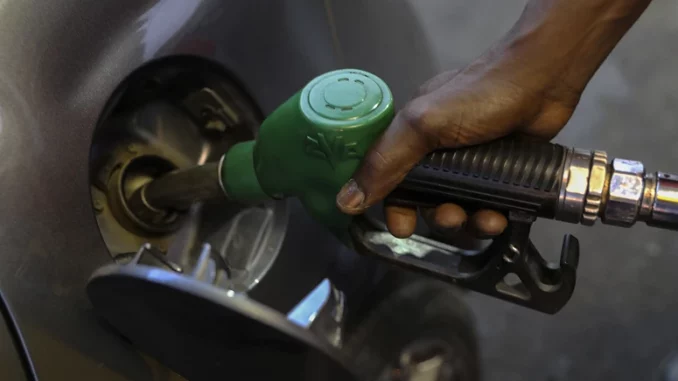
The Angolan government is studying the possibility of reducing the Labor Income Tax (IRT) to cope with the withdrawal of the fuel subsidy, whose gradual reduction began this month.
According to the administrator of the Instituto de Gestão de Ativos e Participações do Estado (IGAPE) Raimundo Santa Rosa, the impact of this measure in terms of earnings will not be reflected yet this year.
“The study on the reduction of the IRT is on the table. We know that it is a form of financial relief. The reduction of the IRT releases more money for the employee, if I earned 100 thousand kwanzas (154 euros) and discounted 20 thousand of IRT, if I start discounting 10 thousand kwanzas, my salary goes up from 80 thousand kwanzas to 90 thousand kwanzas. Either this way or salary increase”, he said.
For the IGAPE administrator, the salary increase option is not the most viable, “it is very dangerous”, because it may cause an increase in inflation.
“If you increase the salary by 100 the prices go up to 200, nothing done, so it is better to focus on increasing production so that we can produce what we need,” he said.
Raimundo Santa Rosa pointed out that expected inflation for this year was around 13%, but with this measure to reduce the fuel subsidy, one can expect “a spike of another 2% to 3%.”
“But other forces may be working for the increase in inflation, such as the exchange rate, which does not come from the measure of subsidy removal,” he pointed out.
The Angolan government has begun the process of reducing the subsidy on fuel subsidies, a measure it had been studying since 2018, starting with the increase in the price of gasoline, which rose from 160 kwanzas/liter to 300 kwanzas/liter (from 25 to 46 cents), without changing the commercial value of other oil derivatives for the time being.
